News
DSM launches acrylamide reduction solution
13 Jul 2018DSM has introduced PreventASe XR, an enzymatic solution that is said to prevent the formation of acrylamide in high-pH applications such as corn chips, biscuits, and crackers.

DSM has introduced PreventASe XR, an enzymatic solution that is said to prevent the formation of acrylamide in high-pH applications such as corn chips, biscuits, and crackers. DSM says its PreventASe is a trusted acrylamide-reduction solution proven to reduce acrylamide in processed foods by up to 95%. While PreventASe is said to be suitable for a broad range of applications, the new PreventASe XR is optimised for higher-pH applications.
Global awareness about acrylamide is on the rise, the company notes. Acrylamide is a suspected carcinogenic substance formed in foods containing reducing sugars which are processed at a high temperature. Food manufacturers are acting fast, DSM says, to reduce acrylamide in their products, but face a challenge to deliver acrylamide-reduced versions of their products with the same taste and texture their consumers know and love. DSM’s PreventASe and PreventASe XR are asparaginases that convert free asparagine present in many foods, thereby preventing the formation of acrylamide without impacting taste, texture or shelf-life.“The global conversation about acrylamide is heating up, and DSM is working with our customers to address this challenge for the food industry,” said Fokke van den Berg, Business Director for Baking at DSM. “An advantage of using asparaginase to tackle acrylamide is it requires negligible changes to a product recipe or production process. With PreventASe and now PreventASe XR, DSM is enabling acrylamide reduction in the widest range of snacks and baked goods.”DSM believes that manufacturers face challenges in reducing acrylamide levels in applications that contain ingredients like chemical leavening agents or masa (corn which has undergone a lime treatment) such as savoury crackers, biscuits, tortilla chips, and corn chips, and are therefore more alkaline (up to pH 9). A higher-pH can limit the effectiveness of asparaginases currently available on the market, the company says. PreventASe XR is claimed to be ideal for more alkaline applications, and to deliver significant reductions in acrylamide levels of up to 95%, depending on the application.Related news
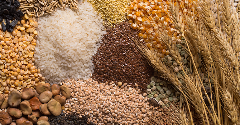
Sustainable grains present a healthy growth opportunity
3 Oct 2024
Food insights provider SPINS unveils the latest trends in the sustainable grains field, exploring how seven leading grains show healthy growth despite challenges in the global value chain.
Read more
New environmental food scoring standards emerge
30 Sep 2024
EIT Food and Foundation Earth collaborate to launch environmental food scoring for products entering the global supply chain.
Read more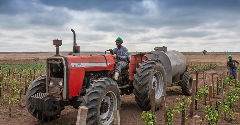
Africa progresses with food transformation strategy
19 Sep 2024
Large-scale efforts are underway to drastically change the African food sector with a $61 billion (€55 bn) set of proposed transformation plans to be implemented across forty countries. Yet there are concerns that this initiative severely jeopardises s...
Read more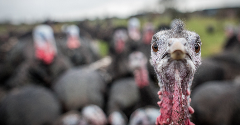
Diestel is first turkey producer to snag Regenifed certification
17 Sep 2024
In the US, Diestel Family Ranch, a family-owned turkey farming venture, has become the first producer to gain Regenified certification for its whole turkey and processed turkey product ranges.
Read more
Upside Foods sues Florida over cultivated meat ban
10 Sep 2024
In May, Florida became the first US state to ban cultivated meat's sale, manufacture, and distribution. Upside Foods, a cultivated chicken startup, has filed a federal lawsuit in response, arguing that the law is unconstitutional.
Read more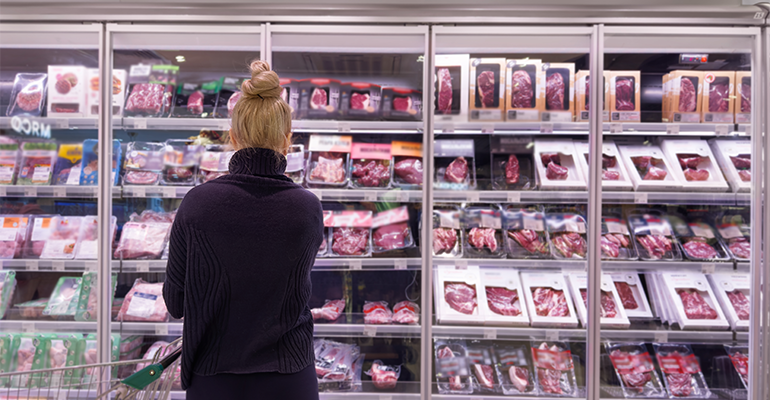
European consumers want more freedom to choose biotech-based food
3 Sep 2024
Survey findings point to growing levels of interest in cultivated meat as European consumers say they want the freedom to choose the lab-based products.
Read more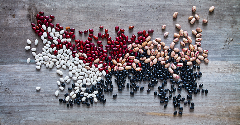
How alternative proteins could transform US agriculture and restore natural ecosystems
30 Aug 2024
As the US seeks new strategies to meet its environmental targets, a recent report from the Good Food Institute (GFI) and Highland Economics highlights the potential of alternative proteins to drive significant progress.
Read more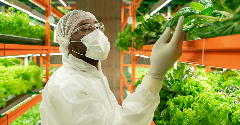
How insecure are our global food systems?
29 Aug 2024
Countries across the globe are struggling to secure safe and accessible food, according to recent reports.
Read more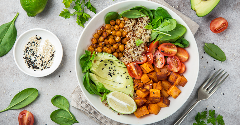
Austria’s new dietary guidelines recommend less animal protein and more plants
23 Aug 2024
Austria's dietary guidelines have been updated to reflect health and climate parameters. Both an omnivorous food pyramid and a vegetarian version are included, marking the first time a separate pyramid for vegetarians is provided.
Read more
Will ‘foie gras’ become the EU’s first approved cultivated meat?
20 Aug 2024
French startup Gourmey has submitted its cultivated foie gras for approval in the European Union (EU), signalling the first application of its kind in the region.
Read more